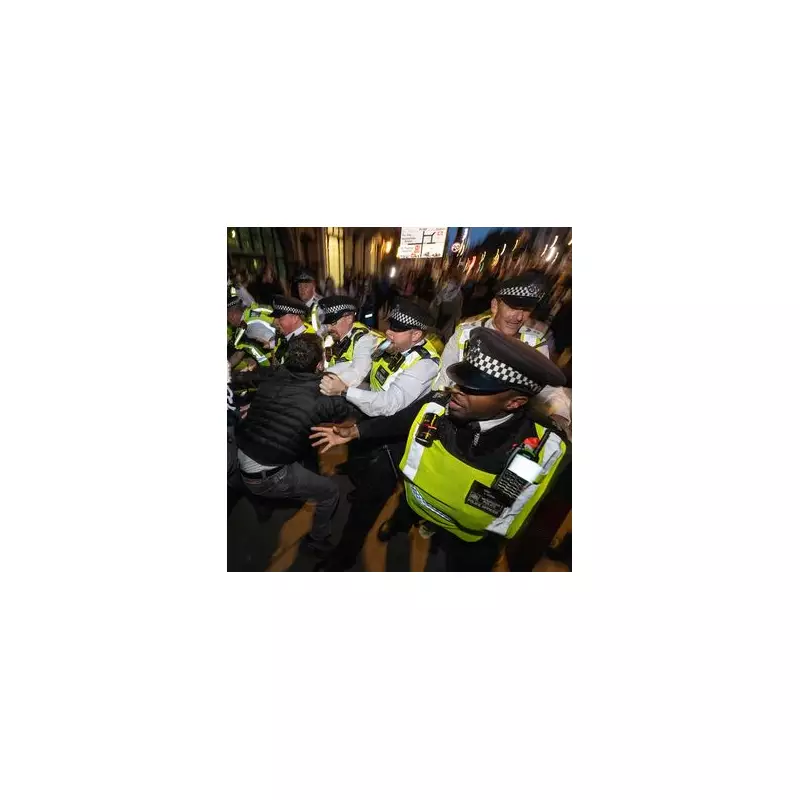
A senior United Nations official has ignited a political firestorm after making controversial remarks about pro-Palestine protests in Britain, with politicians and human rights advocates uniting in condemnation.
Controversial Comments Draw Widespread Condemnation
The UN representative's characterisation of demonstrations as 'un-British' has been met with astonishment and anger across Westminster. Critics argue the comments represent a fundamental misunderstanding of British democratic values and the right to peaceful protest.
Prominent political figures from multiple parties have voiced their concerns, questioning the appropriateness of such language from an international diplomatic figure. The remarks have been described as 'deeply inappropriate' and 'counterproductive' to constructive dialogue.
Defence of Democratic Principles
Opposition to the comments has centred around Britain's long-standing tradition of peaceful protest and free speech. Many have pointed to the country's history of public demonstration as a fundamental aspect of its democratic identity.
'The right to protest peacefully is a cornerstone of our democracy,' one MP stated. 'To suggest that lawful demonstrations are somehow 'un-British' shows a complete disregard for our constitutional traditions.'
Government Response and Political Fallout
The controversy has prompted responses from government ministers, with several expressing their disappointment with the UN official's choice of words. The incident has raised questions about the role of international bodies in commenting on domestic political matters.
Human rights organisations have joined the chorus of criticism, emphasising that the right to peaceful assembly is protected under international law and should be respected by all parties.
As the debate continues, the incident has highlighted ongoing tensions surrounding protest rights and diplomatic boundaries in increasingly polarised political discussions.





